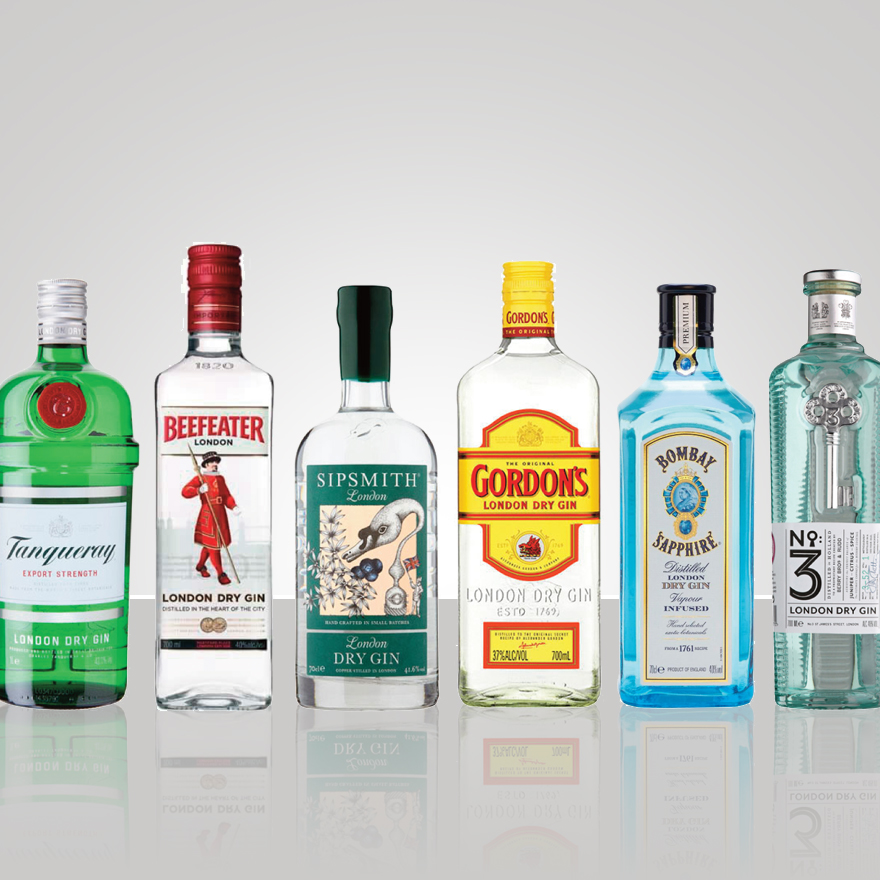Are you a Discerning Drinker?
Join thousands of like-minded professionals and cocktail enthusiasts, receive our weekly newsletters and see pages produced by our community for fellow Discerning Drinkers.

Legal definitions
Gin is usually sold at between 35 and 47% alc./vol., with the lower end of this spectrum mainly affected by the prevailing laws in particular markets.

Cold compounded gin
Cold compounded gins are flavoured with extracts, essences and/or by infusion/maceration without distillation. Compounded gins are often made by simply

Genever
The original Dutch juniper spirit which led to the creation of the drink we know today as gin.

Gin de Mahón
Gin made in Mahón, the capital city of the island Menorca, is also thought to have Protected Geographical Status (PGI) and is listed as such in regulation

London Dry Gin
Originally a style of gin but now a legal category of gin defined by its production process. Despite the name, London Dry gin can be produced anywhere

New Western dry gins
This is a loose term championed by the American bartending consultant Ryan Magarian for gins which some say border on being legally being gins at all due

Old Tom Gin
Often described as a sweet or 'cordial' style of gin, 'old tom' gins were overwhelmingly popular in the 18th and early 19th centuries, when gin was more

Plymouth Gin
Back in 2008, Plymouth gin was awarded Protected Geographical Status (PGI) under European Union law. This stipulated that only gins produced in the southwest

Vilnius Gin
Vilnius Gin (Vilniaus Džinas in Lithuanian), made in the city of Vilnius, Lithuania at the Vilnius Degtiné distillery is another example of a gin listed




